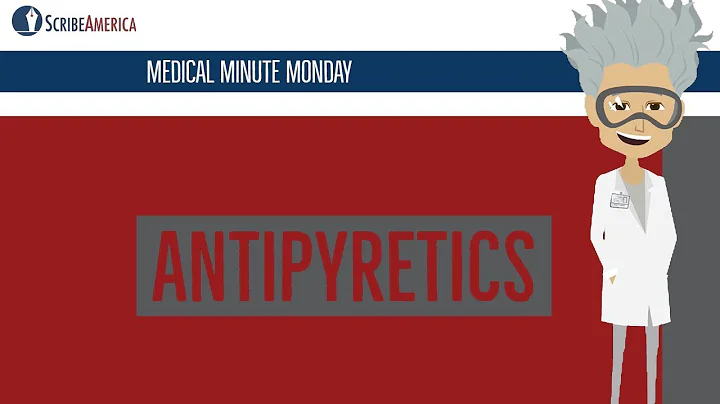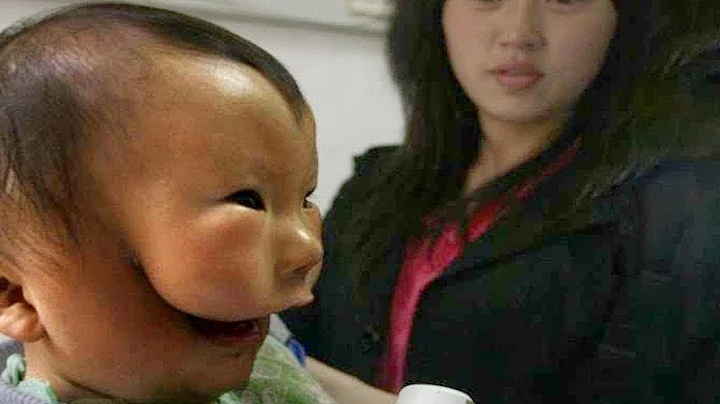Author: Zhang Shasha, pharmacist in charge of Hubei Maternal and Child Health Hospital
Antipyretic drugs are one of the most commonly prescribed drugs in pediatrics. 1 out of every 5 prescriptions contains antipyretic drugs. Antipyretic drugs are also included in the family medicine box. One of the common medicines in China, but do you know how to use antipyretics reasonably?

The antipyretic drugs that parents often talk about actually have a professional name, called antipyretic and analgesic drugs.
There are many types of antipyretic and analgesic drugs that are widely used. The two commonly used in children are acetaminophen and ibuprofen. They are relatively safe and have been recommended by the World Health Organization and multinational clinical guidelines. .
There are also some drugs that parents may have heard of, such as aspirin, nimesulide , metamizole, aminopyrine , etc., which are not recommended for the treatment of children's fever.
Antipyretic and analgesic drugs
are suitable for children over 2 months old, whose body temperature is ≥38.2 ℃ or accompanied by obvious discomfort. However, parents need to know that antipyretic and analgesic drugs are not a panacea. They are used for symptomatic treatment of fever. That is, "treating the symptoms". If you want to "treat the root cause", you still need to find the cause of the fever, which is inseparable from the professional evaluation and diagnosis and treatment of a doctor. In addition, not all fever, antipyretic and analgesic drugs are suitable. For example, the use of antipyretic and analgesic drugs will not be effective for central fever and fever caused by ectodermal dysplasia.
html Antipyretic analgesics are prohibited for infants and young children under 62 months of age. Because the liver and kidney functions of infants and young children are not fully developed and immature, the transformation, metabolism and excretion of drugs in the body are slow and easy to accumulate, leading to liver and kidney damage, and even tissue structure degeneration and necrosis. .
The selection of antipyretic and analgesic drugs for children with special disease conditions is also particular, and should be used under the guidance of a doctor. Children with a history of asthma should not use acetaminophen or ibuprofen frequently, otherwise it will increase the risk of asthma attacks ; children with abnormal renal function can use acetaminophen when necessary when they have fever; children with abnormal liver function can use acetaminophen when necessary when they have fever. Ibuprofen is optional.
Children are in the stage of growth and development, and the dosage of drugs needs to be adjusted according to age and weight. Antipyretic drugs come in various dosage forms, specifications, contents, and usage and dosage. Therefore, parents must follow the doctor's advice or refer to the drug instructions when administering the drug. . Oral dosage forms of antipyretic analgesics are preferred for children, drops or suspension are preferred for younger children, and rectal suppositories are available for children who are vomiting and unable to eat.
Antipyretic and analgesic drugs can be reused when necessary, but attention should be paid to the medication interval. The shortest interval for acetaminophen is 4 hours, and the shortest interval for ibuprofen is 6 to 8 hours. Dosing should not exceed 4 times within 24 hours.. Excessive use may cause severe liver and kidney damage, gastrointestinal bleeding, etc.
Comparison of the usage of acetaminophen and ibuprofen

Parents should be particularly reminded that some common children's compound cold medicines also contain antipyretic ingredients, such as children's acetaminophen and Huang Namin granules contain acetaminophen , therefore, when compound cold medicine is used together with antipyretic and analgesic drug , there may be a risk of drug overdose. If parents are not sure whether the drugs can be taken at the same time, please remember to consult a pharmacist.
Children's compound cold medicine containing antipyretic and analgesic drugs

Review expert: Hubei Maternal and Child Health Hospital Chief pharmacist Wan Li
The above are original works of volunteers of the "Drug Safety Cooperation Alliance". If reprinted, please indicate the author and source!
[Pharmaceutical Shield Charity] is a public welfare organization jointly sponsored and established by the China OTC Drug Association, Chinese Pharmaceutical Association, , Chinese Medical Association, etc. - PSM Pharmacy Shield Charity (public account: PSMChina), Guanghui resources, gathering strength , to promote drug safety for the public.





















